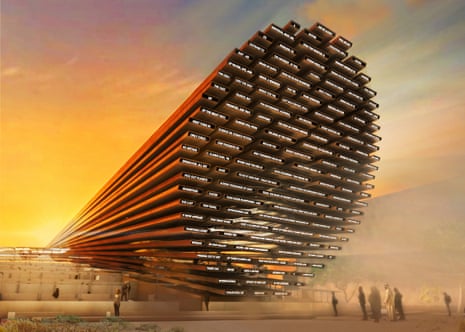Rare is the poet who has failed to tackle the glory of trees, whether it’s Joyce Kilmer (“I think that I shall never see / A poem lovely as a tree”) or Philip Larkin (“the unresting castles thresh / In fullgrown thickness every May”). Now an artificial intelligence trained by experts on more than half a million lines of poetry has had a stab, coming up with the almost-comprehensible image of a “box of light that had been a tree”.
The algorithm, which those behind it believe is the best attempt to date at training an artificial intelligence to write poetry, was fed lines from more than 100 British contemporary poets as inspiration, learning from the style of poets such as Simon Armitage and Alice Oswald. It was then given “seed words”, from which it would generate couplets based on its understanding of what poetry was. Experts from the Poetry Society, Poetry Archive and Scottish Poetry Library then filtered through tens of thousands of couplets to highlight what did, and didn’t, work. They repeated this over and over again in a five-month period, before the AI’s output began to improve.
“I think we all individually went through 40,000 couplets in the end,” said Tracey Guiry, director of the Poetry Archive. “We removed arcane language, we took out offensive and violent or discriminatory language. Then we looked at whether the second line responded to the first, and it learned. We fed back when something really struck us, such as when metaphors worked really well. It certainly was a lot more nonsense language to start with, but it did get better.”
“We travel across an empty field in my heart. / there is nothing in the dark, I think, but he,” runs the AI’s poem. “I close my eyes and try to remember what I was. / he says it was an important and interesting day, / because I put in his hands one night / the box of light that had been a tree.”
Guiry said the imagery of the box of light struck the poetry experts as “actually really clever”: “The AI would produce something that made you think. It wouldn’t produce or reproduce what a human would write because that’s an incredibly subjective response, the lived experience was perhaps not there. But certainly, it would produce two lines that would then cause a human to think on more things.”
The algorithm will now be used for an interactive installation that will be projected on the facade of the UK pavilion at the delayed Expo 2020 Dubai, which is now set to run from October 2021 to March 2022. Titled Collective Message, the installation was inspired by a Stephen Hawking project that asked what humanity’s collective message might be if it made contact with another species. It is intended to explore whether a computer programme can “express the complex nature of humanity through verse”.
Visitors to the exhibition will be able to contribute words that they feel describe humanity, or life on Earth, to the “Collective Message”, which the AI will use to generate poetic couplets. These will be projected on to the UK pavilion for six months, forming one huge poem.
The project was led by the artist Es Devlin and brand agency Avantgarde, with Google’s Arts and Culture lab offering advice on the algorithm.
“I feel like we’ve trained the toddler. We haven’t seen the adult working yet,” said Guiry of the forthcoming installation.
An example of the poetry currently being produced by the AI:
and soon I am staring out again,
begin to practise my words, expecting my word
will come. it will not. the wind is calling.
my friend is near, I hear his breath. his breath
is not the air. he touches me again with his hands
and tells me I am growing old, he says, far old.
we travel across an empty field in my heart.
there is nothing in the dark, I think, but he.
I close my eyes and try to remember what I was.
he says it was an important and interesting day,
because I put in his hands one night
the box of light that had been a tree.
